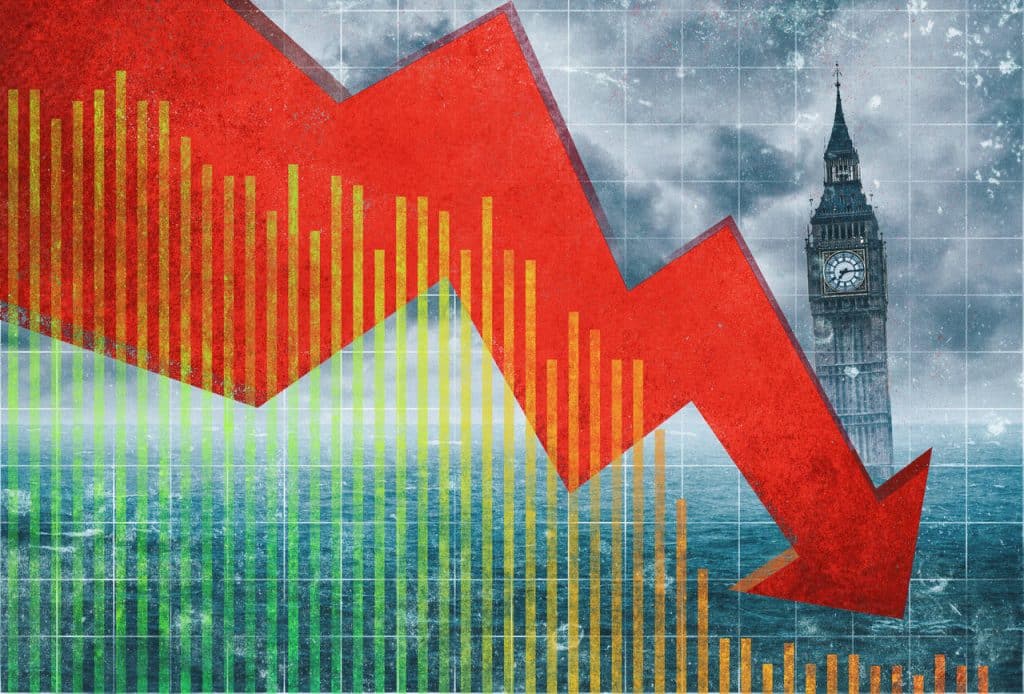Is the British economy in danger?
The number of people unemployed in the UK has passed 1.8 million, the highest in four years, according to figures from the Office for National Statistics. Analysts are calling the level “the first serious sign of a labour market meltdown” after months of warnings about falling investment, falling productivity, and pressure on the cost of living. The rise in unemployment comes as gross domestic product (GDP) grew by just 0.1% in the third quarter of this year, effectively putting the UK economy at zero growth and fuelling fears of a full-blown recession this winter.
Economists say the figures suggest the UK economy is losing its last vestiges of resilience to the financial and social shocks of Brexit. Many research institutes have warned in recent weeks that fragile economic growth, falling industrial investment, and falling household purchasing power have created a combination of factors that could have a domino effect on financial markets and the country’s political climate.
Rising food inflation is a clear example of the growing pressure on British households. Although official inflation has fallen, food prices have risen faster than other sectors in recent months, and now supermarket chains say people’s shopping patterns have changed fundamentally. Consumers are only buying when goods are on sale, and the volume of regular purchases has fallen significantly. Long queues for pre-Christmas discounts, along with rising unemployment, paint a picture of a society that is buckling under the pressure of everyday costs and can no longer afford the next wave of price increases.
Meanwhile, British business media have reported the possibility of increasing taxes on drinks, which, if implemented, would place a new financial burden on low-income groups and could lead to a new wave of social discontent. The tax is part of a larger plan that British Finance Minister Rachel Reeves is pursuing to reform the government’s revenue structure, and its pressure will fall most heavily on the middle and lower classes.

